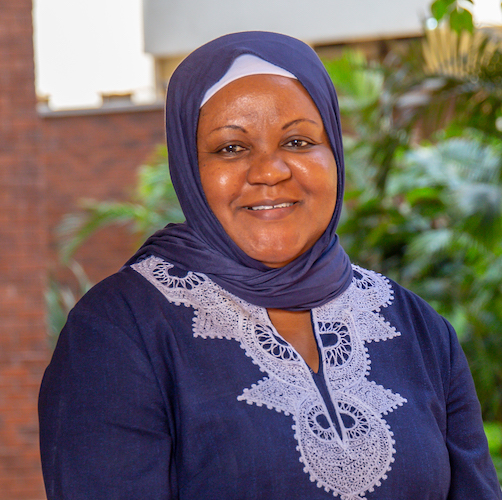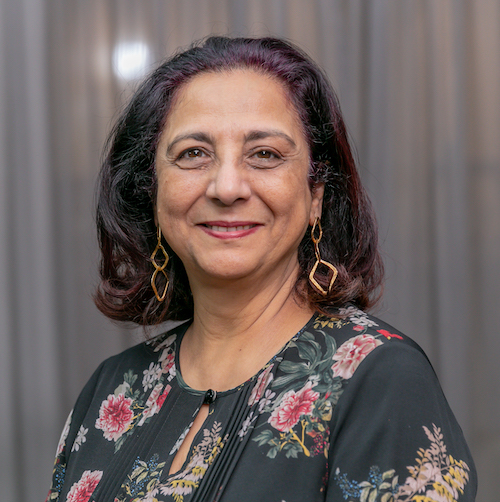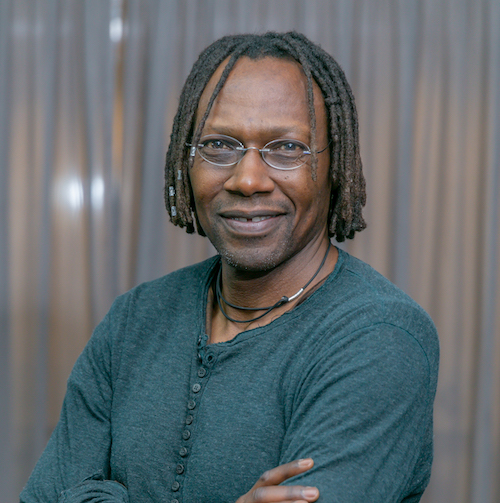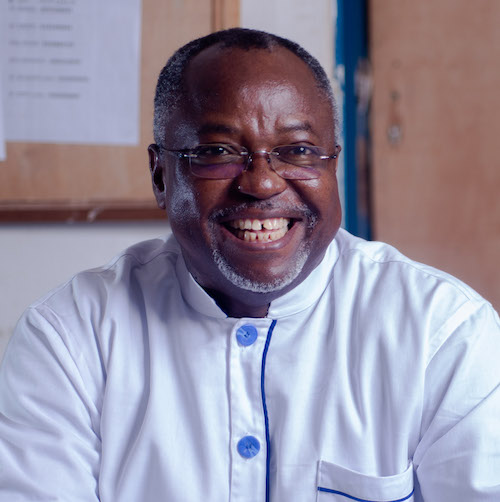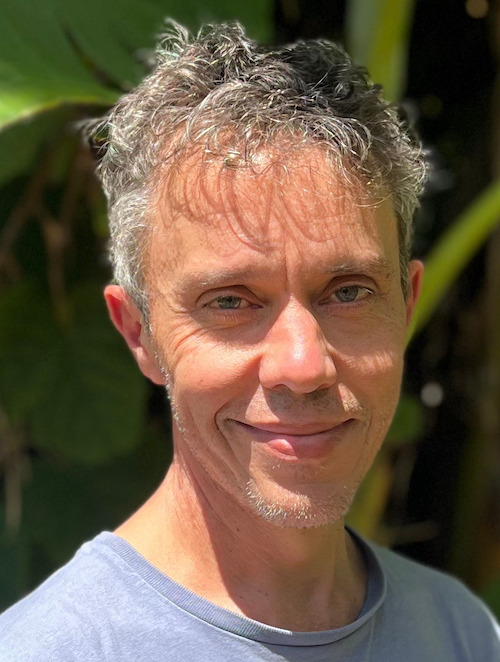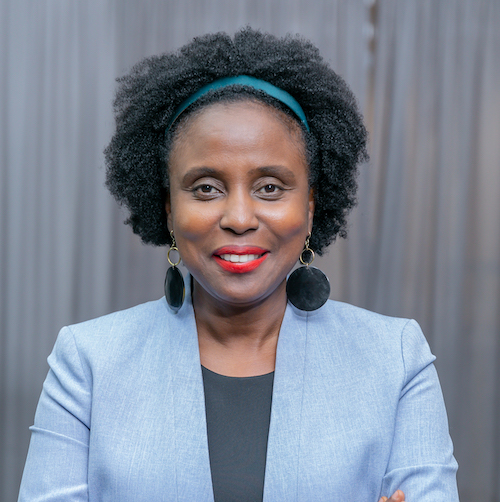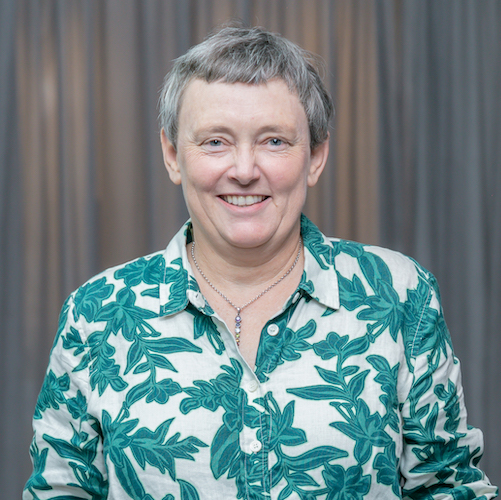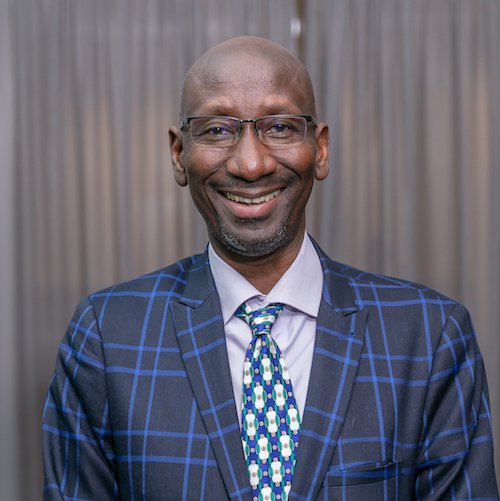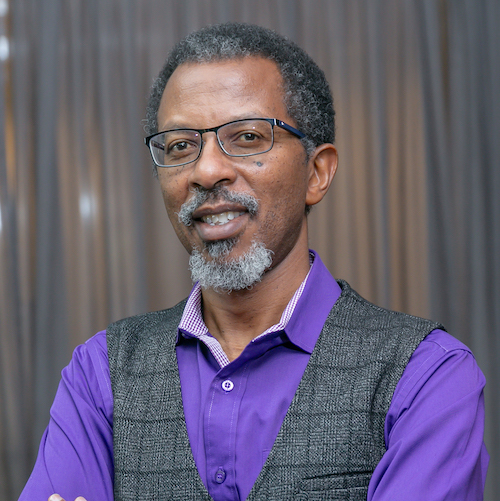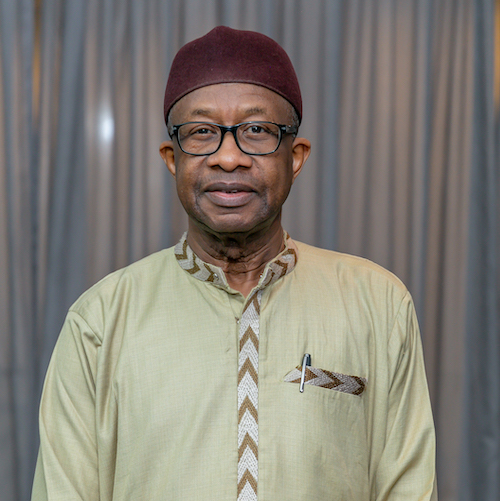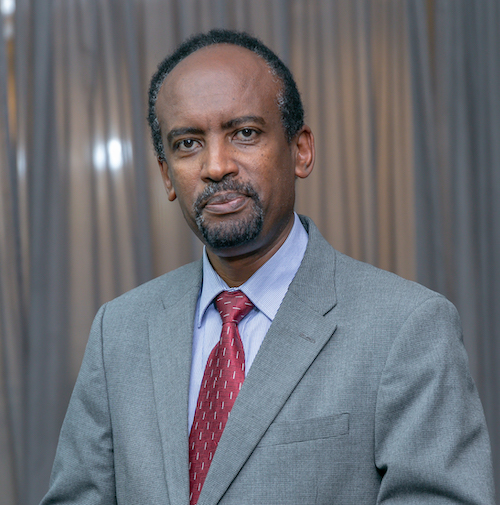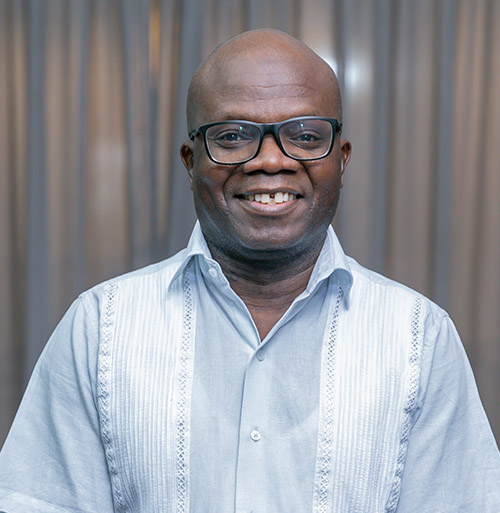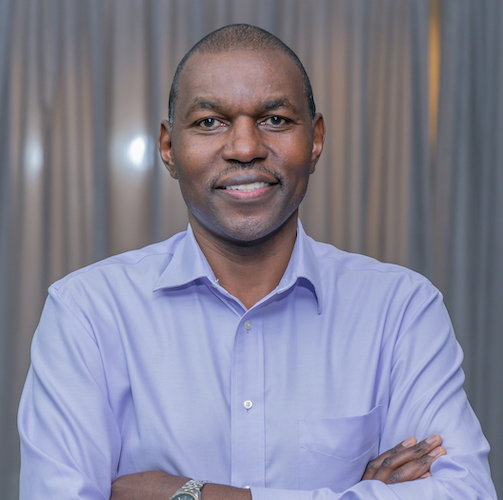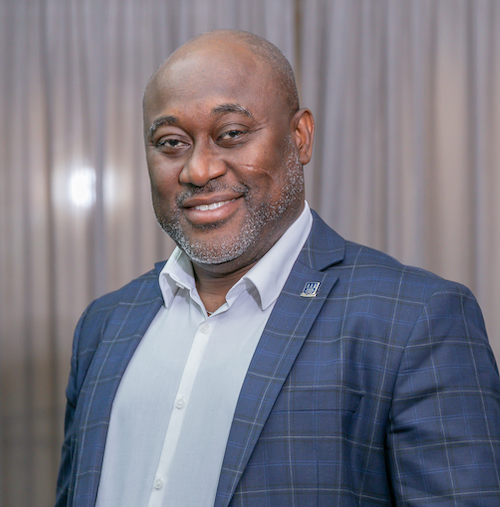
DELTAS Africa
Developing Africa's
future generation of
science leaders.
Science Leadership for Transdisciplinary R&D | Leadership for African Research Networks (LEARN R&D Consortia) |DELTAS Africa
WHAT WE DO
DELTAS AFRICAThe Developing Excellence in Leadership, Training, and Science in Africa (DELTAS Africa) is a long-term, multimillion dollar Initiative launched in 2015-2022 to support collaborative consortia led by Africa-based scientists to amplify Africa-led development of world-class research and scientific leaders on the continent, while strengthening African institutions.
DELTAS Africa seeks to produce researchers who will drive locally relevant and high-quality health research impacting on science, policy and practice in Africa and contributing to improved health and development on the continent.
The first phase, DELTAS Africa I was implemented at the African Academy of Sciences in partnership with the African Union Development Agency (AUDA-NEPAD) and with the support of Wellcome and the UK Foreign Commonwealth & Development Office (FCDO). DELTAS Africa I funded 11 consortia in 54 institutions across 24 countries.
The Science for Africa Foundation (SFA Foundation) is now implementing the DELTAS Africa Initiative and with continued support from Wellcome and FCDO manages the second phase, DELTAS Africa II, 2023-2026. This second phase kicked off in 2022/23 with 14 consortia in 75 institutions across the globe (57 African institutions and 18 northern partners) and 36 countries across the globe (29 African countries and 7 northern countries).
DELTAS Africa I
DELTAS Africa I, was a USD 100 Million investment that was implemented over 2015-202. This Initiative awarded multimillion dollar grants to 11 consortia headed by world class senior researchers from 8 African countries and spanning 54 lead and partner institutions from across West, East and Southern Africa. DELTAS Africa I’s achievements includes strengthened research infrastructure, and training and mentorship of more than 1,500 undergraduate, master’s, PhD, postdoctoral and senior researchers.
DELTAS Africa I focused on transdisplinary research with consortia focusing on: Afrique ONE-ASPIRE – One Health; SSACAB – Biostatistics; AMARI – Mental Health; CARTA+ - Public & Population Health; DELGEME – Genomics & Bioinformatics; IDeAL – Capacity Building; MARCAD – Malaria; MUII Plus – Infectious Diseases; WACCBIP – Malaria; SANTHE – HIV/TB & THRiVE-2 – Capacity Building.
DELTAS Africa II
Excellence breeds excellence, the implementation of DELTAS Africa I informed further refinements and improvement of the second phase of DELTAS Africa, particularly the 2018 mid-term assessment report. DELTAS Africa II focuses more on balancing equity and inclusion for example; across the continent by encouraging collaboration amongst networks of researchers that are relatively well-resourced and those who are poorly resourced; improved gender equity and diversity; and multidisciplinary and cross-disciplinary research including social science and humanities. The inclusion of social sciences seeks to redress the dearth of social science research on the continent and the need for contextually relevant social science and humanities research outputs. These are essential for effective and efficient policy formulation and implementation of African social and public health policy.
DELTAS Africa
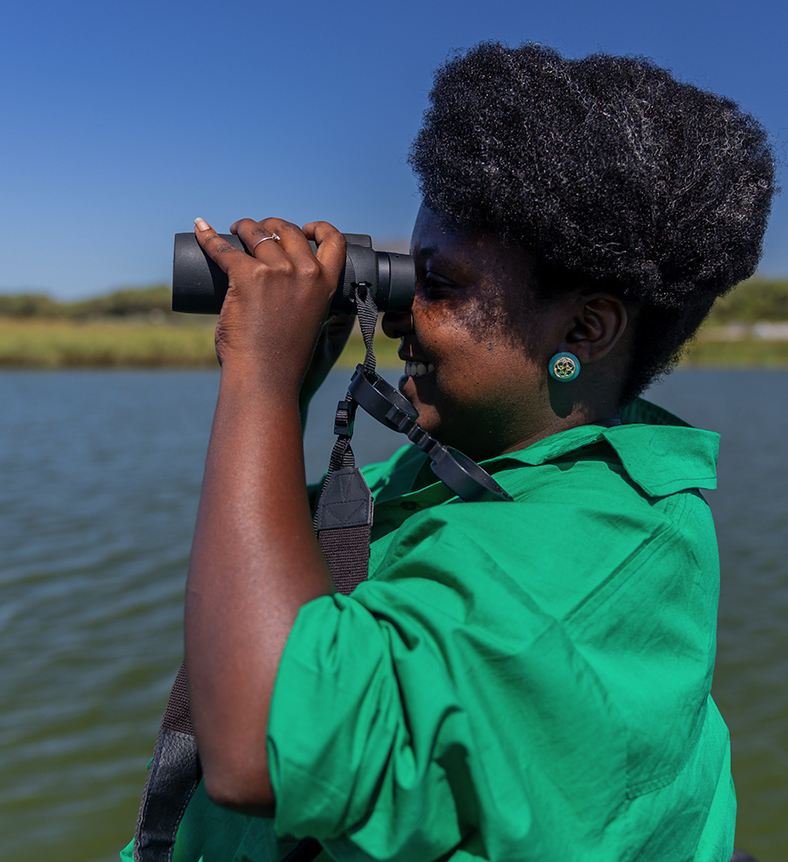
Dr Nikiwe Solomon from the University of Cape Town looks through a pair of binoculars during a study site visit to Lake Zeekoevlei. She is part of the
DELTAS Africa II Critical Zones Africa South & East (CzASE) consortium.PHOTO| SFA Foundation
DELTAS Africa funds consortia aligned to four strategic areas of scientific quality; research leadership; research manage, culture & infrastructure; and scientific citizenship.
The DELTAS Africa Initiative is designed to establish excellent research networks that will recruit, train and mentor a globally competitive critical mass of researchers who will lead locally relevant and high-quality research to influence health science, policy and practice in Africa.
DELTAS Africa II continues to foster intra-Africa collaboration, improve research environments and train researchers to conduct relevant, locally contextualized studies that advance our knowledge on key research and development priority gaps including: discovery, translational, implementation and operational sciences for:
- Infectious diseases, such as malaria, HIV and tuberculosis
- Neglected tropical diseases and ONE Health
- Non-communicable diseases
- Mental health and neurosciences
- Multidisciplinary nexus of health and climate
- Social sciences and humanities
- Climate change and planetary health
- Anti-microbial resistance
- Accidents, injury, disability and snake bite
- Clinical research
- Implementation research, health systems research, public health research
Our Guiding Principles:
- Long-term horizon: DELTAS Africa acknowledges and is committed to the realities that raising scientific productivity and quality and building a critical mass in leadership is inherently long term.
- Hub-and-spoke model: All DELTAS Africa Initiatives are led by Initiative Directors based in an African institution, who construct multi-country research and training consortia, using a hub-and-spoke model of Initiative design and delivery which has enabled an increased R&D footprint on the African continent and strengthened south-to-south and intra-African collaborations. The DELTAS Africa model is best imagined as a hub and spoke arrangement in which a lead institution(hub) enters collaboration with other institutions in other countries (spokes) which may be partners or collaborators to jointly apply for large research grants and implement long-term scientific research Initiatives.
- Research alignment to country and regional needs: DELTAS Africa Initiatives are aligned to country and regional needs, which have been identified through wide stakeholder and community engagement.
- Diversity and inclusion in consortia leadership and recruitment of trainees: Recruitment of staff and students is tracked to assess gender parity and equity.
- Balancing excellence with equity in consortia formation and recruitment of trainees: Institutions that are generally recognised as strong or high performing research institutions partner with institutions across countries or regions that are generally perceived as not being strong in research to enable the building of capacity, institutional strengthening and improvement of research environment and productivity that will spread excellence across the continent.
- Value for Money: DELTAS Africa grantees mainstream value for money principles throughout the Initiative life cycle to ensure effectiveness and efficiency
DELTAS Africa Strategic Areas
- Enhanced scientific quality: DELTAS Africa produces world-class scientific research that addresses African health and research priorities through scientific discourse and collaborative supervision by promoting collaborations with well-resourced universities, research institutions and think-tanks to strengthen capacity
- Strengthened research leadership capacities: To strengthen scientific research training and build career pathways for scientific researchers, DELTAS Africa focuses on the tertiary and postgraduate training of science students and professionals along a defined career pathway. Training offered by DELTAS Africa Initiatives is designed to provide individuals at all career stages with the academic support and research facilities they need to develop into world-class researchers
- Strengthened research systems: To cultivate professional environments to manage and support scientific research. This recognises that developing and supporting research requires that researchers have access to skilled administrative support and adequate resources to compete at a global level; and that creating supportive, sustainable environments is crucial to developing research capacity
- Enhanced scientific citizenship / societal engagement: Foster mentorship, leadership and equitable collaboration in science, and engagement with public and policy stakeholders. DELTAS Africa recognises that for research to achieve real impact it needs to be communicated to policymakers and the public. Communicating research findings to policymakers will ensure that the findings inform policy. At the same time, public engagement is also key to raise public awareness and interest in science, increase the uptake of new health policies and treatments, and strengthen relationships with local communities.
These four strategic areas are recognised as necessary for strengthening, sustaining, attracting, and retaining talent and excellence in research.
